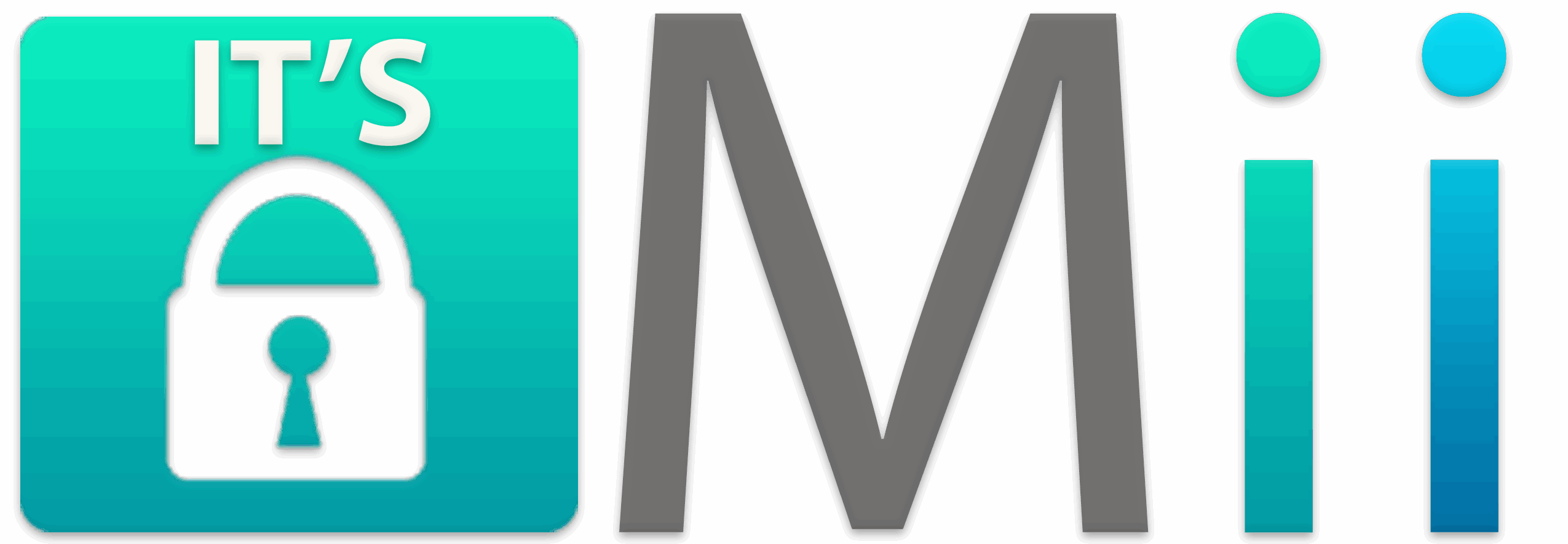Are you dreaming of bidding farewell to your 9-to-5 job years before your peers? Early retirement isn’t just a fantasy—it’s an achievable goal with proper planning and financial discipline. This comprehensive guide will walk you through everything you need to know about retiring early and enjoying the freedom to live life on your own terms.
What Does Early Retirement Really Mean in Today’s World?
Early retirement no longer simply means stopping work completely before the traditional retirement age of 65. Modern early retirees often define it as achieving financial independence that allows them to make career and lifestyle choices without being driven by financial necessity.
Many early retirees transition to part-time work, consulting, or passion projects that generate some income while providing greater flexibility and life satisfaction. The key is having the financial foundation that gives you the freedom to choose.
The Financial Pillars of Early Retirement
1. Master the Savings Game
The cornerstone of early retirement is an aggressive savings strategy. While traditional retirement planning might suggest saving 10-15% of your income, early retirement typically requires saving 50% or more of your earnings.
This significant savings rate serves two purposes: it builds your retirement nest egg faster and conditions you to live on less, which reduces the total amount you’ll need to retire comfortably.
2. Understand Your Magic Number
Determining how much you need to retire early involves calculating your annual expenses and multiplying by 25 (based on the widely accepted 4% safe withdrawal rate). For example, if you need $40,000 annually to live comfortably, you’ll aim for a retirement fund of approximately $1 million.
This formula assumes your investments will generate average annual returns that allow you to withdraw 4% of your portfolio value each year without depleting your principal over a 30+ year retirement period.
3. Leverage Tax-Advantaged Accounts Strategically
Maximize contributions to retirement accounts like 401(k)s, IRAs, and HSAs to benefit from tax advantages and potential employer matches. However, since early retirement creates a gap before you can access these funds penalty-free (typically at age 59½), you’ll need a strategy for the interim years.
Options include:
– Building a taxable investment bridge portfolio
– Using Roth IRA contribution ladders
– Implementing Section 72(t) distributions
– Exploring Rule of 55 withdrawals from 401(k) plans
4. Create Multiple Income Streams
Diversifying your income sources provides security and flexibility in early retirement. Consider developing:
– Dividend-generating investments
– Rental property income
– Side businesses or passive income ventures
– Part-time consulting work in your field of expertise
Health Insurance: The Often-Overlooked Challenge
One of the biggest obstacles to early retirement is securing affordable health insurance before Medicare eligibility at age 65. Options to consider include:
– Marketplace insurance plans under the Affordable Care Act
– Coverage through a working spouse
– Health sharing ministries (though these have limitations)
– Part-time employment with health benefits
– Relocating to countries with universal healthcare or lower medical costs
The Psychological Benefits of Early Retirement
While financial considerations dominate early retirement discussions, the psychological benefits are equally compelling:
1. **Reduced stress levels** from eliminating workplace pressures and commuting
2. **Improved health outcomes** through more time for exercise, proper nutrition, and adequate sleep
3. **Enhanced relationships** with family and friends due to increased availability
4. **Greater autonomy** over your daily schedule and life direction
5. **Opportunities for personal growth** through learning new skills, volunteering, or pursuing creative endeavors
Common Early Retirement Mistakes to Avoid
1. Underestimating Expenses
Many early retirement plans fail because people underestimate their spending needs. Track your expenses meticulously for at least a year before retiring and build in buffers for healthcare costs and unexpected expenses.
2. Neglecting Inflation
A dollar today won’t have the same purchasing power in 20 years. Ensure your retirement calculations account for inflation (historically averaging 2-3% annually) to maintain your lifestyle throughout retirement.
3. Overestimating Investment Returns
While the stock market has historically returned around 7-10% annually over long periods, assuming these returns will continue uninterrupted can be dangerous. Conservative projections using lower expected returns provide a safety margin.
4. Retiring Without Purpose
Early retirement without a plan for meaningful activities can lead to boredom, depression, and a sense of lost identity. Before retiring, develop clear ideas about how you’ll spend your time and find fulfillment.
Is Early Retirement Right for You?
Early retirement isn’t for everyone. Consider these factors when deciding if it aligns with your values and goals:
– Do you genuinely enjoy your career, or does work feel like a burden?
– What would you do with your time if money were no object?
– How important is status or career achievement to your identity?
– Are you willing to make significant lifestyle sacrifices now for future freedom?
– How do your family members feel about your early retirement plans?
Final Thoughts: The Journey Is as Important as the Destination
Remember that pursuing early retirement offers benefits even if you never fully retire. The financial discipline, reduced consumption, and thoughtful life planning inherent in the journey create security and options regardless of when you ultimately leave the workforce.
By focusing on building wealth, minimizing debt, and clarifying your values, you’ll create a life with more choices and less financial stress—whether you retire at 40, 50, or beyond.
Are you ready to take control of your financial future and design a life on your own terms? The path to early retirement starts with a single step today.



